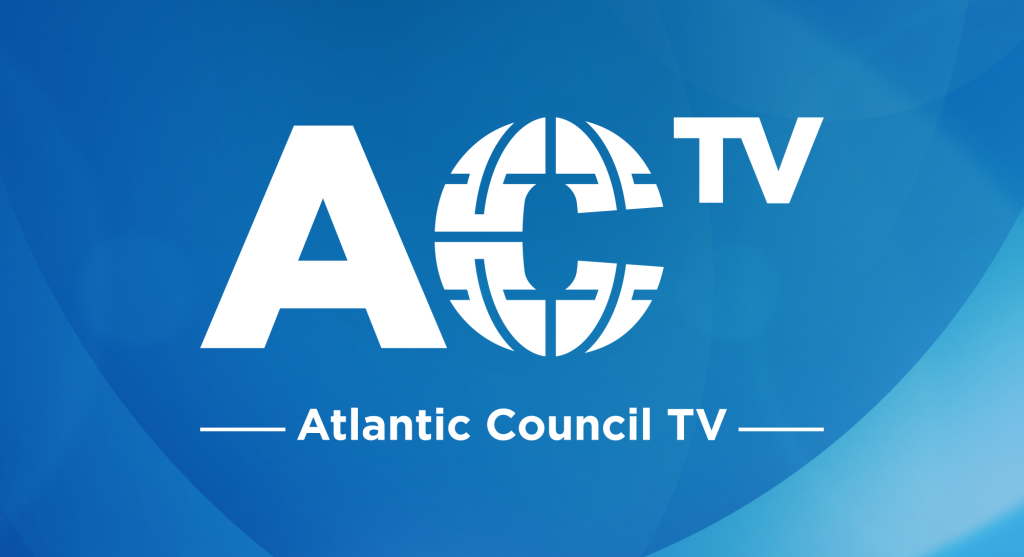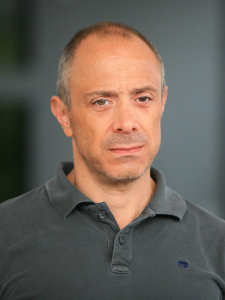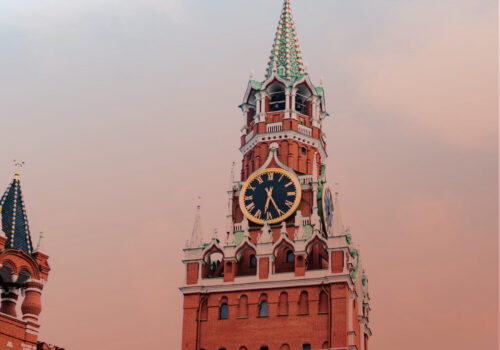
Russia’s full-scale invasion of Ukraine in February 2022 challenged much of the common Western understanding of Russia. How can the world better understand Russia? What are the steps forward for Western policy? The Eurasia Center’s new “Russia Tomorrow” series seeks to reevaluate conceptions of Russia today and better prepare for its future tomorrow.
Russian President Vladimir Putin’s full-scale invasion of Ukraine has exacerbated Russia’s daunting demographic crisis. Though Putin has spoken frequently about Russia’s demographic problems since the early 2000s, scattered and ineffectual policy since then has failed to recognize Russia’s new demographic reality—ensuring that for generations to come, Russia’s population will be smaller, older, and less well-educated.
The latest report in the Atlantic Council’s Russia Tomorrow series, “A Russia without Russians? Putin’s disastrous demographics,” by author Harley Balzer, assesses the impact of Russian President Vladimir Putin’s demographic policy and the disastrous effects of the Kremlin’s war on Ukraine on Russia’s already steep population decline.
Throughout the paper, Balzer explores the lasting legacy of the Soviet Union’s approach to Russian demography as well as the Russian Federation’s pre-war policies to encourage population growth and improve life expectancy. Balzer also examines the diversity in Russia’s demographic transition across its various ethnic and religious populations, and the destructive effect wartime policies have had on population growth, migration, and the availability of skilled labor in Russia.
What policies has the Kremlin enacted (or not enacted) to address Russia’s demographic challenge? How has Putin’s war on Ukraine impacted birth rates, mortality, and the labor landscape in Russia? What effect do increased demographic pressures have on public opinion and support for Putin’s regime?
In conversation with
Harley Balzer
Professor Emeritus
Georgetown University
Sergei Erofeev
Senior Fellow
Polish Institute of Advanced Studies
Ambassador John Herbst
Senior Director, Eurasia Center
Atlantic Council
Maria Lipman (VIRTUAL)
Visiting Scholar, Institute of European, Russian, and Eurasian Studies
George Washington University;
Editor
Russia.Post
Moderated by
Read the report
Related resources
Presented by

The Eurasia Center’s mission is to promote policies that strengthen stability, democratic values, and prosperity in Eurasia, from Eastern Europe in the West to the Caucasus, Russia, and Central Asia in the East.
Atlantic Council TV

Watch this event and more content on ACTV
Follow the conversations shaping our world. Available on all major platforms.




